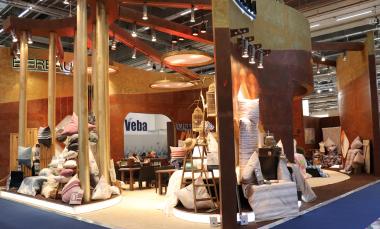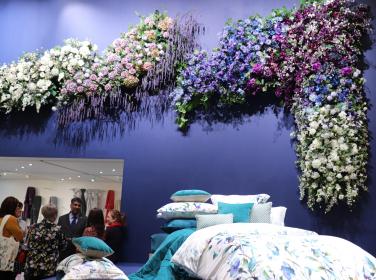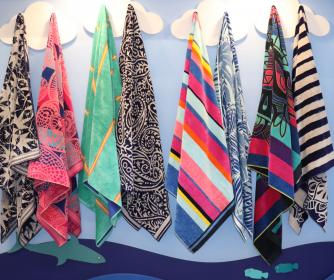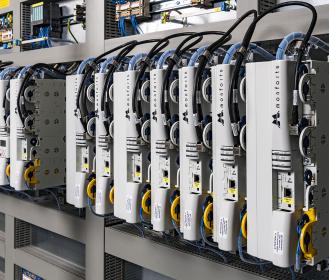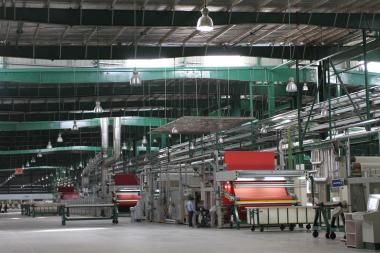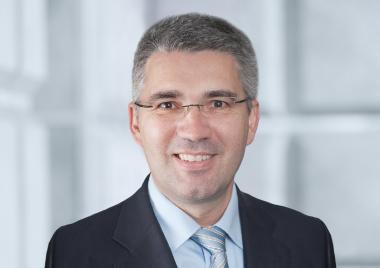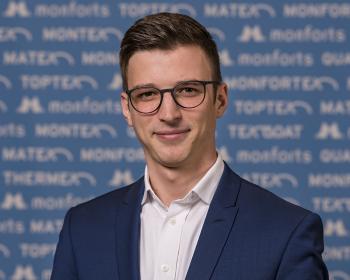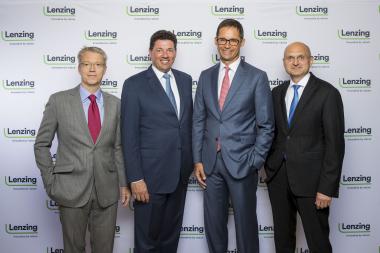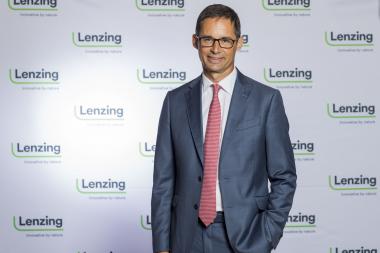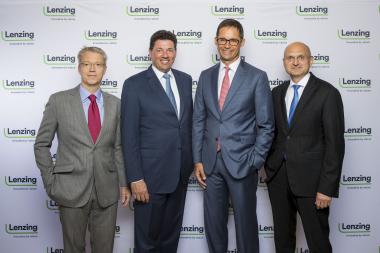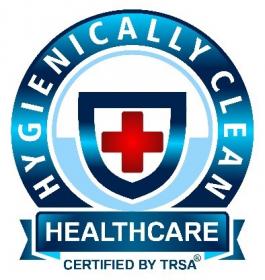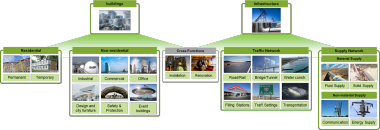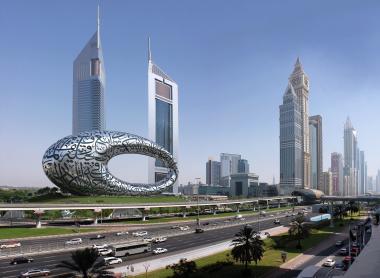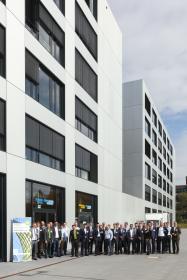Devan offers antiviral solutions for textiles' professional workers
Textile innovator and specialty chemical producer Devan answers questions regarding anti-viral textile finish solutions following the growing spread of the COVID-19 outbreak.
Over the past few weeks, Devan has received a lot of questions regarding an antiviral solution for textiles against Sars-COV-2, the virus that causes COVID-19. “Not a big surprise since we put BI-OME AV forward 3 years ago. Testing has been done in cooperation with Institut Pasteur de Lille”, says Devan CEO Sven Ghyselinck. Devan studied enveloped viruses (e.g. H1N1, Corona-types, etc.) as well as naked viruses (e.g. Rotavirus). For both virus families, BI-OME AV showed strong to excellent activity in wet state.
In the first instance, the company wants to focus on professionals who need to stay working such as policemen, logistics workers, shop employees, day-care workers, … A common complication of respiratory viral disease can be a secondary bacterial infection. Professionals could be helped with either an anti-bacterial on their facemask to reduce the chance for these secondary bacterial infections, for better hygiene and less odor build-up. On workwear, a combination of a virus spread reducing and antibacterial solution could help as these garments are typically used during long hours, are non-disposable and most likely will be washed at home.
Devan has solutions which withstand washing while keeping its performance. BI-OME as a liquid product is EU BPR, Turkish BPR and US EPA registered. Depending on the rash region, commercialising treated articles be subject to additional local registration procedures.
Devan













